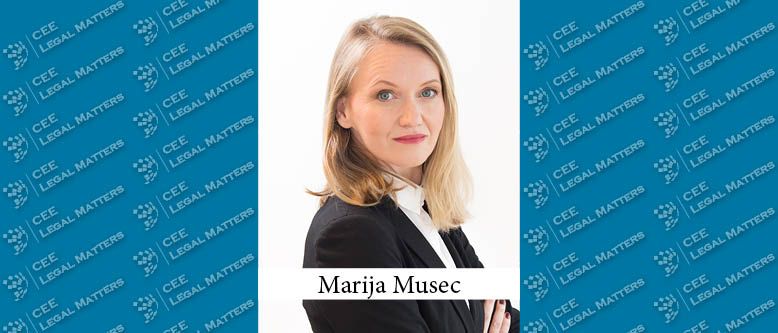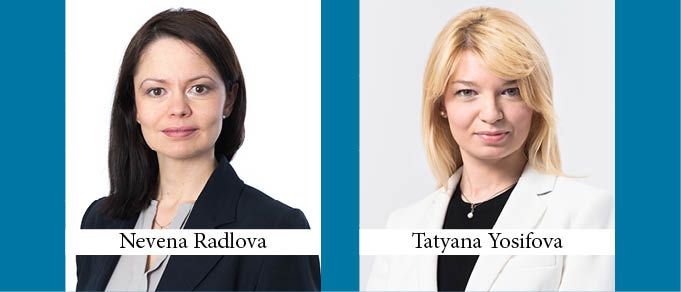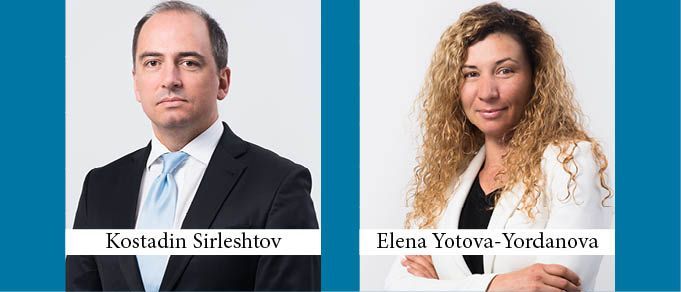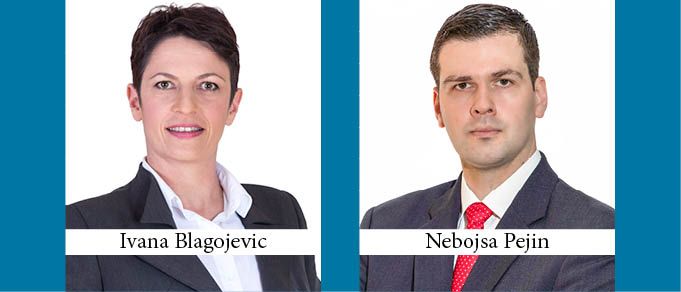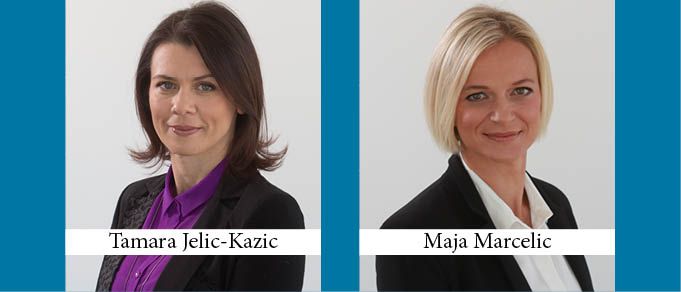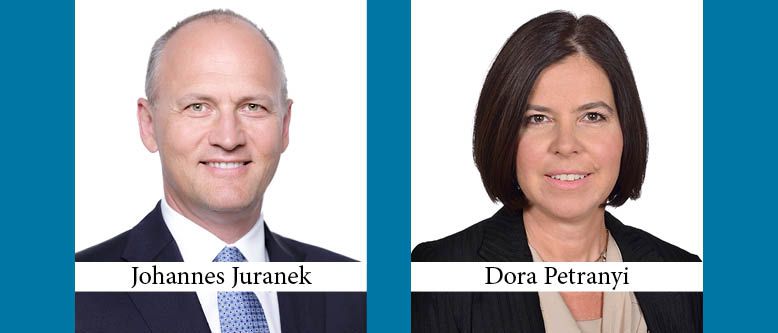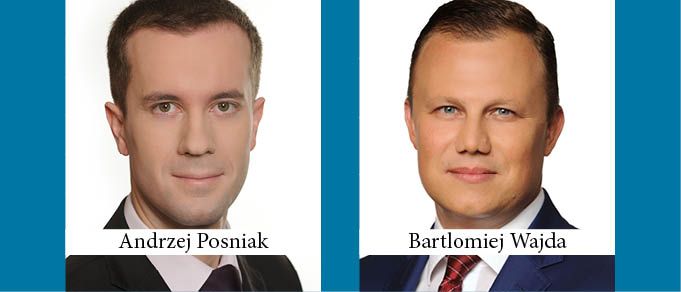The automotive industry is facing several changes that will shape the future of mobility and production. The car of the future will be electric, connected, and automated, and it will provide benefits for individual consumers and society as a whole. One major message of the recent Automotive in Transition Conference in Budapest was that the automation revolution is bringing challenges, but it is also bringing new opportunities for Hungary to emerge stronger from the transition process.
Automotive Industry Cross-Overs
On the eve of a widely-expected global economic downturn, the Croatian economy finally emerged from “junk” investment status, and rating agencies now rank it as “investment” tier. Formal confirmation of this new status is expected to come in the course of spring 2019 – when the first signs of a slowdown in the local economy are already signalled. The country’s GDP is growing shyly but persistently and after five years of membership in the EU there is a visible uplift in the trade balance with export of goods and services (predominantly with other EU-member countries) as the main driver.
Data Privacy, Cybersecurity, and Anti-Money Laundering in the Spotlight
2018 was an eventful year from a compliance perspective, with data privacy, cyber security, and anti-money laundering among the key areas. Like other countries in the EU, Bulgaria has made steps to harmonize its legislation and follow the major legal trends in Europe.
Energy Sector in the Spotlight
Legislation and Strategic Changes in the Bulgarian Energy Sector: Several amendments were made to Bulgaria’s energy laws in 2018 facilitating the further liberalization of the energy market. Renewable energy producers exceeding 4 MW installed capacity that enjoyed offtake of their energy at Feed-In Tariff (FiT) were introduced to a different support scheme: Contracts for Premium (CfP), which became effective on January 1, 2019. Under CfP, renewables sell their electricity to the free market – either to the Independent Bulgarian Energy Exchange (IBEX) or to their balancing group coordinators.
The Corner Office: Commonly-Lacking Skills
In The Corner Office we ask Senior and Managing Partners across Central and Eastern Europe about their unique roles and responsibilities. The question this time around: “What is the one skill, ability, or characteristic that fresh law school graduates in your country most commonly lack?”
The Winter Metamorphosis of Serbia’s Tax System
The beginning of 2019 will mark the start of a major transformation of the Serbian tax system, bringing new and exciting opportunities for companies who do business or wish to invest in Serbia, but also bringing potential challenges concerning the practical application of new tax rules.
Tax Liability of Non-Resident Electronic Service Suppliers?
Pursuant to an amendment to the Turkish Value Added Tax Law at the beginning of 2018, non-resident electronic service suppliers are now liable for Value Added Tax on services provided electronically to Turkish individuals who are not VAT taxpayers.
Croatia Prepares for Application of Multilateral Instrument
International taxation is rapidly changing and aligning with recommendations of the Project for the Prevention of Base Erosion and Profit Shifting (BEPS).
Inside Out: Damen’s Take-Over of Daewoo Shipbuilding & Marine Engineering Co Ltd.’s Participation in Daewoo Mangalia Shipyard
The Deal: In July 2018, CEE Legal Matters reported that Reff & Associates had advised Dutch shipbuilding group Damen on its take-over of Daewoo Shipbuilding & Marine Engineering Co Ltd.’s participation in Romania’s Daewoo Mangalia shipyard. DSME was advised by CMS. The yard, which was renamed the Damen Shipyards Mangalia, is now operated as a joint venture with the Romanian Government, with Damen assuming operational control. We reached out to both firms for more information.
The Cyber Challenge in CEE
No individual, no business, and no country is immune from the threat of cybercrime. The increasingly successful and complex economies of CEE countries are no exception to this rule. In fact, for both historical and political reasons, CEE is at particular peril.
Court Proceedings in Russia to be Improved
On July 30, 2018, Russian President Vladimir Putin signed into law two bills approved by the Russian Parliament aimed at improving commercial, civil, administrative and criminal proceedings in Russia (the “Bills”).
The Features of Collective Redress in Croatia
The The rules on collective redress were first introduced in Croatia’s legal system by two special acts – the 2003 Consumer Protection Act and the 2009 Act on Prevention of Discrimination. It was only later, in 2011, that the Civil Procedure Act provided the general legal framework for collective redress actions, named “actions for the protection of collective interests and rights.”
Insolvency Proceedings in the Energy Sector on the Increase in Bulgaria
Bulgaria, along with the entire CEE region, has been experiencing a surge in investment and transactions over the past two to three years. Prior to that, hit by a late wave of the global recession, Bulgarian business faced problems with over-indebtedness, resulting in a large number of insolvencies, especially in the real estate sector. Since then, however, insolvencies have been decreasing. Thus, the recent uptick in the number of insolvency procedures being initiated in a particular sector – energy – deserves special focus and attention.
Will Austria Soon Have Class Action Lawsuits?
While globalization and digitalization have increased the risk of violations that affect thousands of consumers, several EU member states — including Austria — do not yet offer class action lawsuits. The EU Commission has therefore proposed a draft directive to allow representative actions for the protection of collective interests of consumers as part of its “New Deal for Consumers.”
Territorial Scope of the Montenegrin Competition Law
Article 2 of the Montenegrin Law on the Protection of Competition limits the law’s application to acts undertaken within the territory of Montenegro and acts undertaken outside of Montenegro which have as their object or effect the distortion of competition in Montenegro. In practice, however, the Law on the Protection of Competition (the “Law”) seems sometimes to be applied beyond its territorial scope.
Unfair Trading Practices in the Food Supply Chain – New Competence of the Croatian Competition Agency
At the EU level, long-term discussions on unfair trading practices in the food supply chain have resulted in the Proposal for a Directive that is currently in process. The Republic of Croatia has already adopted a law with a similar subject matter – the Act on Tackling Unfair Trading Practices in the Food Supply Chain (the “Act”) – which entered into force at the end of 2017. The Act concerns business-to-business relations and aims to protect suppliers (including primary producers) in their relations with resellers, buyers, and processors with significant negotiating power. The authority in charge of implementing the Act is the Croatian Competition Agency (the “Agency”), which the legislator considers the most competent to handle these matters due to its experience in abuse of dominance cases in competition law.
Antitrust Enforcement in Poland: What 2018 Brought and What Lies Ahead
The Polish Competition Authority has been increasingly active as the market watchdog. In assuming his position as President of the Competition Authority in 2016, Marek Niechcial announced his commitment to strengthening competition law enforcement via a stricter approach, more investigations, and higher fines for wrongdoers. The last two years demonstrate that the Authority is working towards delivering on this promise.
Amendments to Polish Transfer Pricing Regulations in 2017 and 2018
Significant changes have been made to Polish transfer pricing regulations in recent years. New legislation, adopted in 2017, introduced a three-tiered approach to transfer pricing documentation consisting of: (1) local file, (2) master file, and (3) country-by-country reporting. Poland was one of the first countries to introduce the changes recommended by the OECD in BEPS (Action 13).


